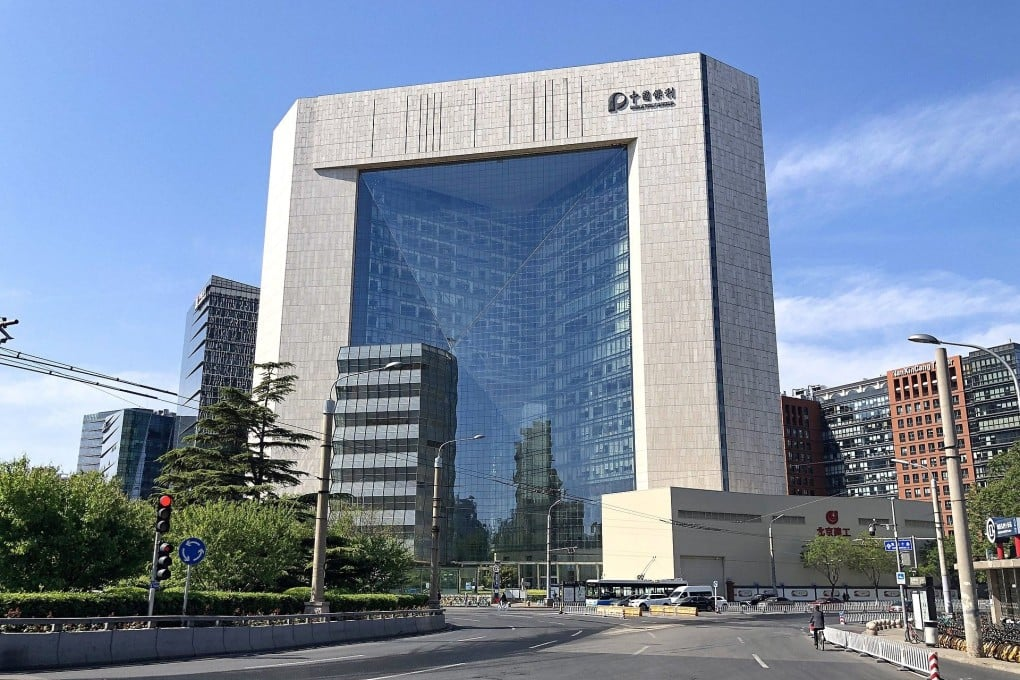China Investment Corp (CIC), the nation’s sovereign wealth fund established to help diversify its foreign-exchange reserves, suffered investment losses in 2022 as the Covid-19 pandemic and geopolitical tensions roiled global markets and eroded its assets and long-term returns.
CIC’s total assets fell to US$1.24 trillion by the end of last year from US$1.35 trillion for the previous year, mainly due to a US$51.4 billion impairment in the fair value of its holdings, according to its annual report. It was the first drop since the fallout from the US-China trade war in 2018.
The losses, while not publicly disclosed, narrowed the fund’s 10-year rolling returns to 6.43 per cent, from 8.73 per cent as of end-2021, in US dollar terms. Annualised net returns since its 2007 inception stood at 5.94 per cent last year, versus 7.22 per cent in 2021, according to its annual reports.
“We have continued to refine our asset allocation and investment strategy, worked to enhance total portfolio resilience, intensified risk prevention and mitigation in critical areas, and delivered market-beating annual investment returns,” Peng Chun, chairman and CEO, said in the report. “We carried out portfolio rebalancing and strategy refinements in an orderly manner despite prolonged volatility in international financial markets.”

2022 was a brutal year for global investors, with stocks and bonds battered by China’s Covid-induced slowdown, while the Federal Reserve began its most aggressive policy tightening in more than four decades to cool runaway inflation. The MSCI World Index of stocks slumped 20 per cent, while the ICE BofA global bond benchmark slumped 17 per cent last year.
CIC was not alone in navigating the turbulence. The US$700 billion Public Investment Fund, its peer in Saudi Arabia, reported a US$15.6 billion loss last year. Net portfolio value at Temasek Holdings, Singapore’s state investment arm, fell by S$21 billion (US$15.7 billion) or 5.2 per cent in the year to March 2023.
The macro backdrop was troubled by a “trilemma” of high interest rates, high consumer prices, and high volatility, CIC said, upsetting two decades of rapid growth and low inflation. As a result, risk events became more frequent and intense, breaking conventions as stocks and bonds tumbled in unison.
CIC was established as a vehicle to diversify China’s foreign currency reserves and seek maximum returns for its shareholder, the government, within acceptable risk tolerance. Those reserves stood at US$3.17 trillion last month, versus US$3.13 trillion at the end of last year. The fund recorded a net income of US$46 billion from its operations, a 62 per cent drop from 2021.
Most of its onshore passive investments were held by Central Huijin Investment, including stakes in the nation’s biggest banks. Outside China, the wealth fund managed 37 per cent of its money and farmed out the rest to outside managers. Its 2022 allocation in stocks shrank to 28.6 per cent from 35.4 per cent to reflect risk aversion, the annual report showed.
Investments in alternative assets including hedge funds, private equities, real estate, infrastructure and commodities rose to 53.2 per cent from 47 per cent, and cash holdings increased to 3.3 per cent from 2.2 per cent.
Source : SCMP


